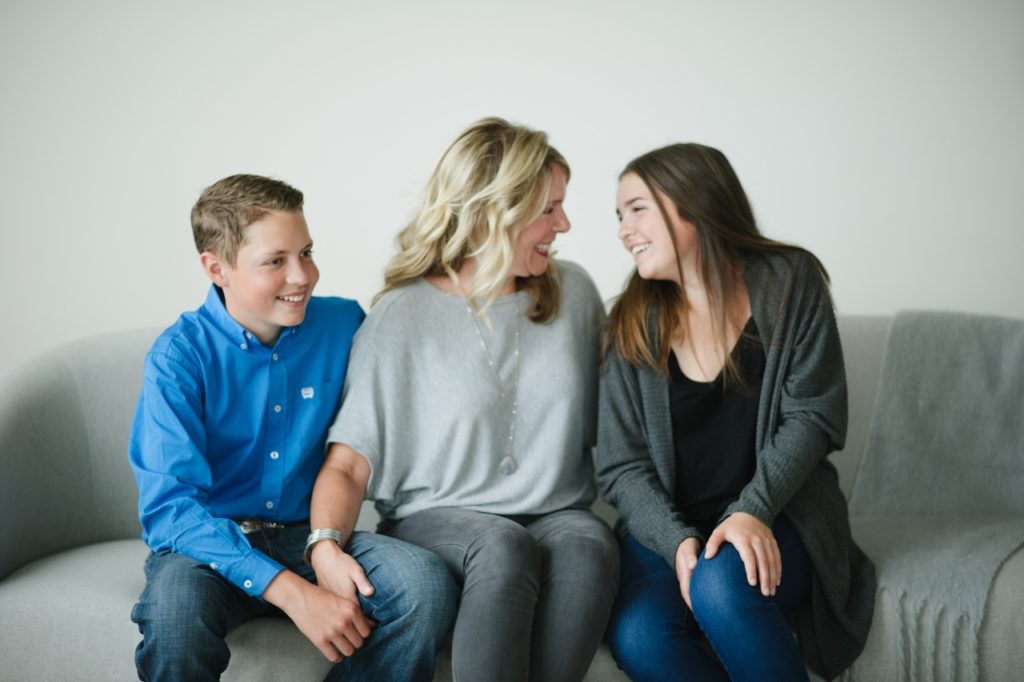
Dear Colleagues and Friends,
I’m sitting around with a diverse group of parents, some of whom are friends and others are simple acquaintances. It’s a casual gathering on a Saturday night. The subject of spanking children comes up. Ugh. Every part of my body tenses. Do I get up and run away? Pretend I know nothing? Disagree vehemently and begin to spew out data? Simply sit and listen? Well, if you know me, you know that I rarely back out of conflict. Especially when it comes to children and potential abuse. But I also view myself as an open-minded, curious, and collaborative person within social groups. I actually enjoy conversations around politics and such – I know, I’m a rare breed.
I tried. I really did try to stay curious. When parents began saying things like, “He just needs a good spanking,” or “A belt would change her mind,” as they were describing children’s behavior and judging parents discipline styles, I listened without judgement. At first. As I began to ask curious questions like, “I wonder what else might work?” or “What lesson do you think the child would learn?” or “Yes, you might ‘be fine’ now as an adult, but what would you have been like if your parents handled your behavior in a different manner?”. Time after time I was ignored or dismissed. You see, when it comes to parenting, discipline, and kids, EVERYONE feels like an expert because they have their own lived experience. AND, because they’re in the process of doing the “job” of parenting. So, being “wrong” feels highly uncomfortable. Truth be told, every parent DOES have a lived experience. And I know there are parents within some marginalized groups that spank as a survival skill. I think that parents make choices because of culture, religion, experience, and societal norms. But this article isn’t about corporal punishment. Believe me, we could have an entire series dedicated to spanking and child-rearing – I mean, I can cut to the chase and tell you there’s NO EVIDENCE it’s beneficial to kids and LOTS OF EVIDENCE that it harms them. But, I would welcome the discussion.
Here’s my point – if you’re a professional and you KNOW your position is accurate, backed by science, and peer-reviewed articles. When you can feel in your bones that someone’s challenge of your opinion isn’t professional but personal. When you KNOW that perpetuating inaccurate information might actual cause harm or trigger someone else, it is OK to feel frustrated and hurt.
As professionals, knowledge, authority, skillset and our time are invaluable. My husband often jokes with me that I went to “the 24th grade”. It’s funny AND it’s true. And it’s true for all of you! When patients question your integrity, your knowledge, you skill set, your VALUE – you have the right to be upset, hurt, angry and confused. I refer to this as righteous indignation – the idea that you’re being undervalued, misinterpreted or seen with malice.
So, I would encourage you to process your feelings around anger and patient response. Sit with it. Be curious. Where is it coming from? What’s being triggered? Is there a way out of a way to talk about it with someone? Does the anger serve you? What’s behind the anger? Fear? Judgement? Confusion?
Allow yourself to be angry. You’d been through a great deal of professional challenges over the past two and half years – vaccines, staffing, and medical misinformation to name a few. Anger is part of grief. It’s understandable and there’s a place for it. And if you don’t acknowledge it – it will simmer below the surface until it’s acknowledged. Once you acknowledge the feeling, then you can do something about it. You don’t have to react with vehemence. You can choose to pause, then respond.
Me? I left the circle and went to hang out with my kids for a bit – I shifted the anger to the only thing I could control – my time in that moment. Others weren’t open for discussion, so I hung out with teenagers for a while. It filled my heart and the anger dissipated a bit.
In the meantime, I’m here to listen – got a story about righteous indignation? I’d love to hear it.
With compassion,
Dr. Amy